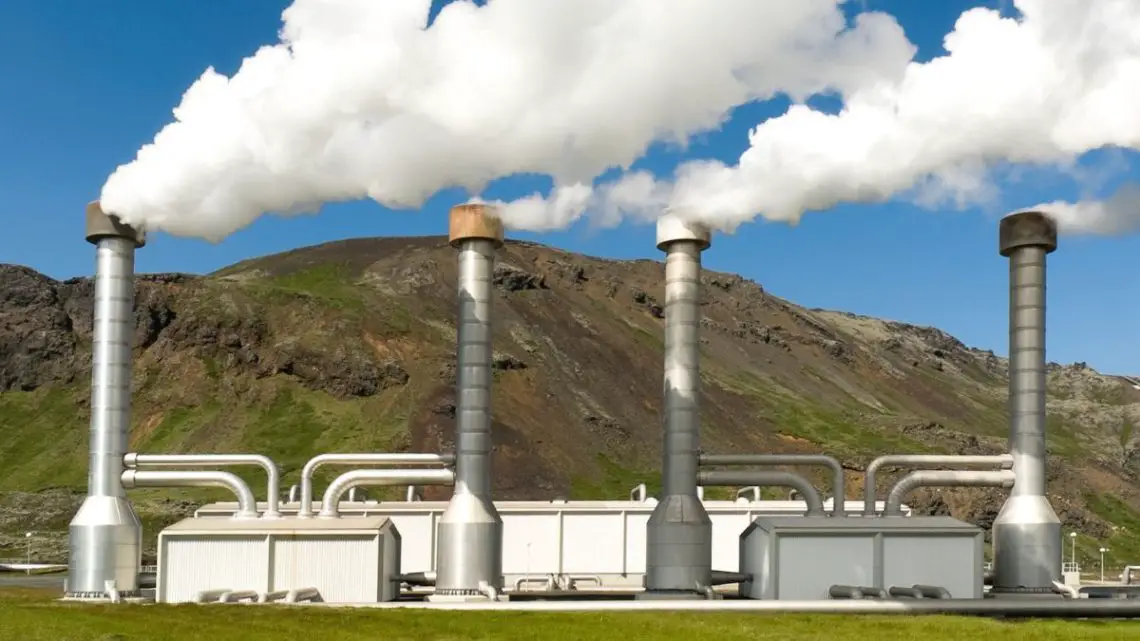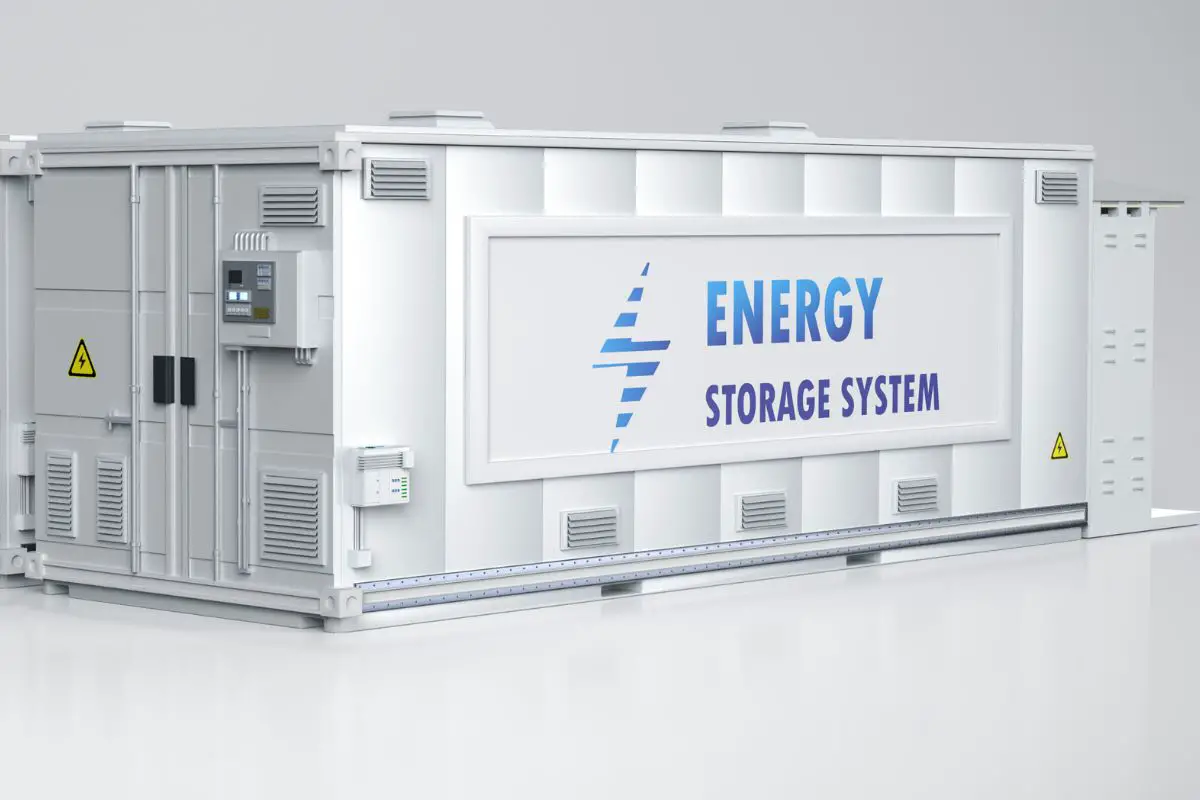
Canadian battery factory harnesses geothermal energy
March 13, 2023The facility uses the natural power as it produces batteries for renewable electricity storage.
The Surrette Battery Company in Nova Scotia, Canada produces batteries for renewable power storage, but is also taking advantage of the benefits of geothermal energy and isn’t new to this strategy.
In this strategy, the company has been ahead of its time, and the world is only starting to catch up.
 The Surrette Battery Company was first established in 1935 and is the country’s only independent battery manufacturer. It’s focus is on batteries for automotive, industrial and marine applications. Their main production is for batteries that start trains and to a growing extent, along with an increasing emphasis on batteries for storing renewable power.
The Surrette Battery Company was first established in 1935 and is the country’s only independent battery manufacturer. It’s focus is on batteries for automotive, industrial and marine applications. Their main production is for batteries that start trains and to a growing extent, along with an increasing emphasis on batteries for storing renewable power.
That said, the company has always been an early adapter and has been thinking about renewable power well before the world acknowledged how important it is to transition away from fossil fuels. It has been using geothermal energy since the mid-1990s.
The factory is located on top of a former coal mine in Springhill, which is filled with water naturally heated by the earth’s core. As a result, the facility is able to substantially decrease both its carbon footprint and its heating costs.

The geothermal energy is used primarily to provide heating and cooling to the Canadian battery factory.
The nature of the factory means that it requires substantial air movement for air filtration. As a result, it can rapidly become cold in the winter or hot in the summer. Air conditioning provides additional cooling for the employees while they’re working in the summertime. That said, the geothermal energy is what provides any machines that require cooling with the temperature reduction they need.
The water used in this process is quite corrosive, so that water is not used directly in the machinery. Instead, it is chilled through a radiator or a thermal transfer device to bring down the temperature of essentially anything in the factory.
“It was quite a capital expenditure, but ACOA (Atlantic Canada Opportunity Agency) helped us out and it has cut our heating costs down,” explained the Surrette Battery Company’s CEO JD Surrette. “It also allows us to be air conditioned, which — even in the U.S. — the southern plants are not air conditioned.”
Join in the conversation and help shape the future of hydrogen energy by voting in our poll today – See Below:



 HFN News is your leading source for fresh hydrogen and renewable energy updates. Amid the fast-paced growth of hydrogen companies, we provide top-notch news and insights about this exciting sector. Our coverage spans from hydrogen cars to global sustainable initiatives, and we highlight the latest in green jobs and developing hydrogen hubs. We invite you to share your local hydrogen news and explore today’s renewable energy job listings on our site. Thanks for choosing HFN News as your trusted guide to the hydrogen and renewable energy world!
HFN News is your leading source for fresh hydrogen and renewable energy updates. Amid the fast-paced growth of hydrogen companies, we provide top-notch news and insights about this exciting sector. Our coverage spans from hydrogen cars to global sustainable initiatives, and we highlight the latest in green jobs and developing hydrogen hubs. We invite you to share your local hydrogen news and explore today’s renewable energy job listings on our site. Thanks for choosing HFN News as your trusted guide to the hydrogen and renewable energy world!